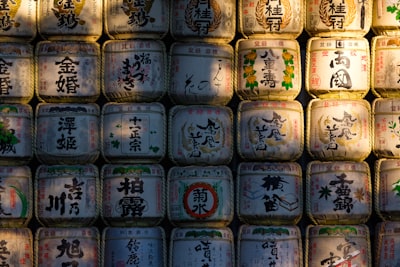Summary
In a recent interview, Japanese Prime Minister Shigeru Ishiba addressed the issue of trade imbalances between Japan and the United States, responding specifically to U.S. President Donald Trump's suggestion that Japan could address this imbalance by purchasing more American oil. Ishiba acknowledged the U.S.'s status as a top oil producer but pointed out practical concerns, including the price and type of oil available, as key considerations for Japan's energy policy. The interview also touched on broader themes such as social security and energy strategy, tying them into the trade conversation.
Analysis
The core issue here is the persistent trade deficit the U.S. has with Japan, historically a frequent point of contention—especially regarding automobile exports. President Trump's recommendation that Japan buy American oil is a tactical move, blending trade diplomacy with energy geopolitics. However, Ishiba’s response highlights important qualifiers: not all oil is the same, and energy procurement is shaped by market forces, refinery compatibility, and national security strategies, not just political pressure.
This exchange also reveals underlying power dynamics. There’s a subtle suggestion that trade imbalances should be mitigated by government-directed purchases, an approach at odds with free-market principles and Japan’s carefully diversified energy policy. It can also be read as an example of the transactional view of diplomacy that often characterized the Trump era, raising questions about the long-term sustainability of such quid-pro-quo arrangements.
Politically, Ishiba’s careful reply reflects the Japanese government's need to balance alliance management with domestic interests—energy cost, reliability, and environmental considerations. Economically, buying U.S. oil could shift the trade ledger but might entail higher costs or infrastructure changes for Japan, which has traditionally imported more Middle Eastern crude. Socially and ethically, the issue taps into broader anxieties over energy security amid a volatile global landscape.
Discussion
This topic is significant because it illustrates the complexity of international trade negotiations, where solutions aren't always as straightforward as importing more goods to balance ledgers. It forces us to consider: Should nations allow strategic economic sectors (like energy) to be shaped by foreign political pressure? Does buying American oil merely mask deeper structural issues in U.S.-Japan trade—such as entrenched auto market barriers or currency policies?
Looking wider, this debate echoes global trends. For instance, the EU’s energy diversification after Russia’s invasion of Ukraine shows that practical considerations—like price, supply security, and compatibility—often trump diplomatic maneuvers. Furthermore, the push for decarbonization worldwide complicates long-term commitments to fossil fuel imports.
In sum, while U.S. oil purchases might ease certain bilateral frictions in the short term, lasting solutions likely require mutual engagement on broader economic, environmental, and security concerns. The conversation between Ishiba and Trump is thus emblematic of the tension between political theatre and pragmatic policy—something all nations grapple with in a multipolar, energy-hungry world.

Comments
No comments yet. Be the first to comment!